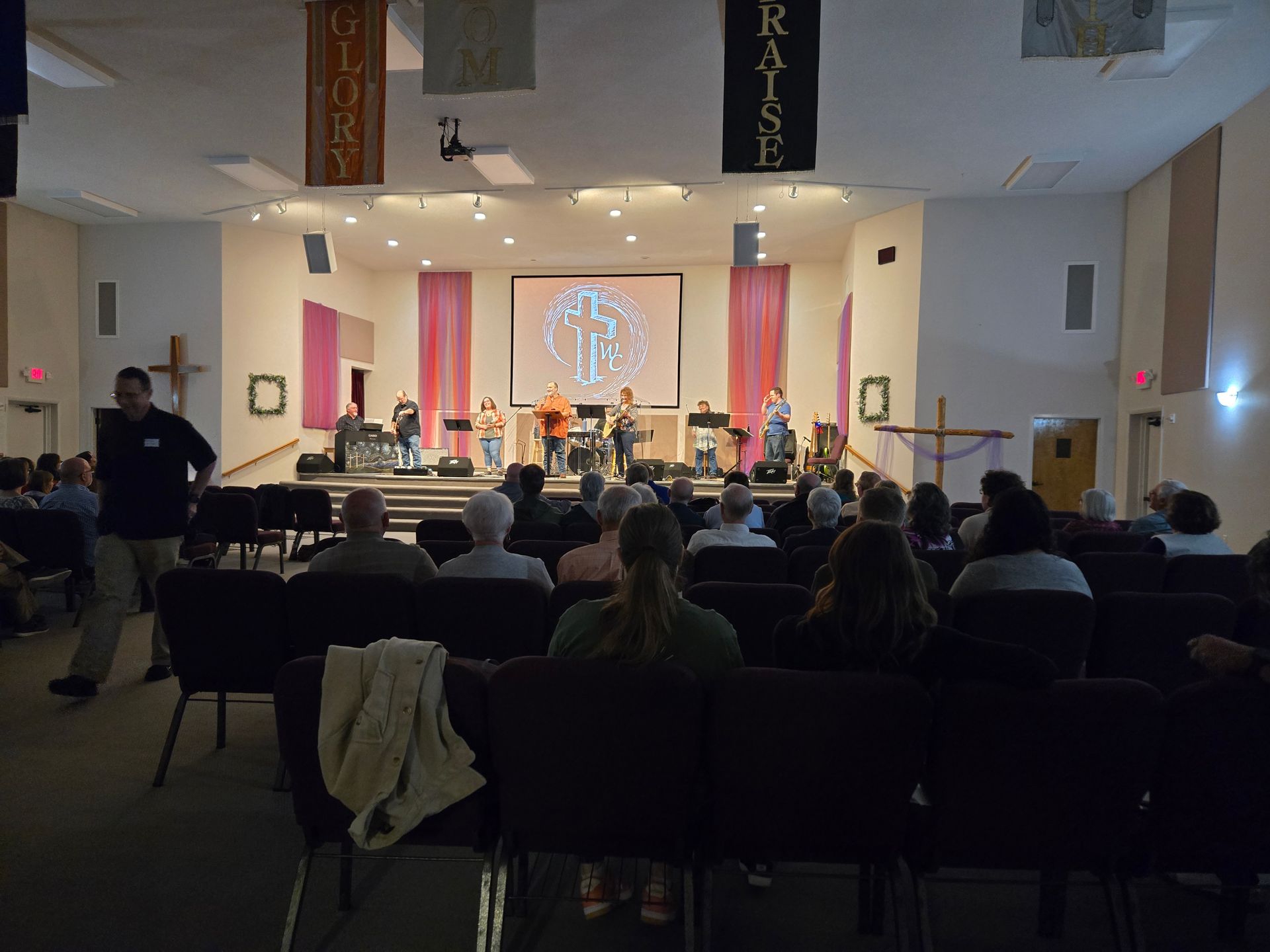Growth Principle: Interdependence
It almost seems so obvious that it doesn’t need saying, “everything impacts everything else.” However, it is also apparent how often we forget to factor this vital growth principle into our planning and activity as a church. We are surprised when a decision we make has unintended consequences, or some part of our church body becomes upset at what appeared to be the simplest change. We wonder why programs that have worked for years are no longer valid, or why after years of apparent failure, a program suddenly succeeds. We read of success in another church, apply it to our situation, and the results are disappointing. The issue is interdependence, the simple truth that no two churches or situations are exactly alike, and all the moving parts and people uniquely impact each situation in ways that can be easily missed. The challenge is to leverage this growth principle to our advantage when we make our decisions.
First, we should include everyone involved. This takes a little time and effort to determine. Changing the time of a youth program, for example, may also impact your nursery, children’s programs, adult programs, parking, ushers, even your power bill! Whenever making a change, make sure to include all the different groups the change will impact. Keep asking, “what else does this effect? Until you are confident, you have exhausted the question.
Second, we should weigh the costs and benefits. At first thought, a change may seem logical and easy, with little cost to gain a great advantage. You have two small Sunday services, and the capacity to combine them, One service is easier to manage and saves some staff hours. Seems like the easy fix, right? However, numerous studies have shown that combining ministries causes the resultant group to be larger than the largest original one rarely. Combine a group of 10 and 20, and you will end up with a group of maybe 21. Interdependence kicks in, because people have built relationships and life rhythms going to a particular service, change it, and their favorite seat may no longer be available, they may have other tasks to do on the new worship time, they have liked hearing the sermon after it had already been preached once, or hundreds of other factors. It is important to understand ALL the impacts of making a change, and understanding how an idea or a ministry may seem positive at first, but merely has too many negative consequences when examined.
Third, we should think outside of our context. Sometimes the interdependence has nothing to do with OUR calendar, but with some other organization. School calendars, community events, even the weather all play a role. They may not affect us, but they probably impact the people we are trying to reach or serve or disciple. Take the time to find out what changes their lives, and include it into the planning process.
Finally, we should regularly re-evaluate. Just because it was OK five years ago doesn’t mean it is OK today. Interdependencies are rarely static but are ever-changing. Ideas that were far-fetched a year ago may now work. Previously dependable programs may no longer be useful. Something we did twenty years ago may suddenly be effective again. Youth groups change every year, depending on the young people who leave and those who enter. Every year the curriculum, meeting times and places, and the leadership style needs to be evaluated to reflect the current group of youth. No program can remain the same for an extended period because all the interdependencies are in constant flux. Everything needs to be regularly re-evaluated.
Mobilize wants to help your church get healthier! If you have a question about church health, growth, and vitality, let us know how we can help!
If your church wants help getting healthier, or is interested in the Natural Church Development process we use to assess and promote church health, you can contact the Brethren Church National Office or 419-289-1708










